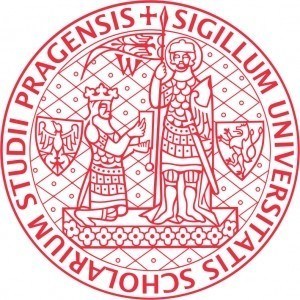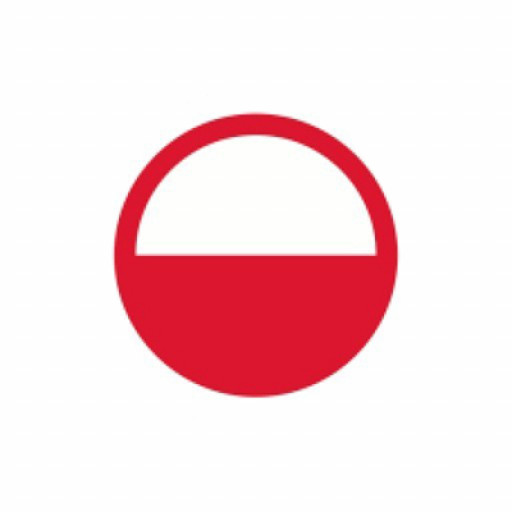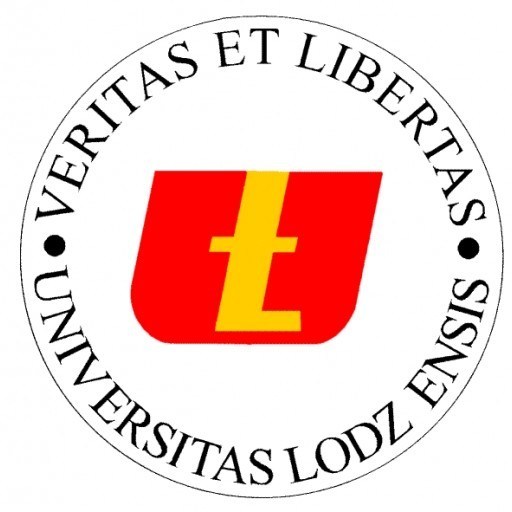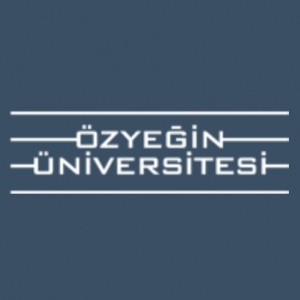Description
In this course students complete a number of core computing units as well as the prescribed units from one of the approved majors or they may complete a 'general' Bachelor of Computer Sciencecomprising the core computing units and units chosen from the approved majors.
Each major includes a sequence of study in computer science, based on the study of the programming language Java, in first year. Topics covered in the course include software design, databases, networks, interface design, software engineering, data structures, operating systems, game programming, architecture and assembler, data mining and software project management. Students are able to complete a number of elective units selected from any units offered by the University. The major completed will appear on the academic record and testamur. There is opportunity for articulation from the NSW TAFE Diploma in Information Technology. A fourth year is required for Honours.
Career Opportunities
Examples include software design and development; web and database programming; internet and networking specialists and careers in financial systems; game programming and electronic product design.
Students who complete the double degree BCompSc/LLB also find employment in banking, management and the Diplomatic Service.
Detailed Course Facts
Application deadline You are advised to apply as early as possible Tuition fee- EUR 12550 Year (National)
- EUR 12550 Year (International)
Duration full-time 36 months Languages Take an IELTS test
- English
Course Content
Course Aims
In this course students complete a number of core computing units as well as the prescribed units from one of the approved majors or they may complete a 'general' Bachelor of Computer Science comprising the core computing units and units chosen from the approved majors.
Each major includes a sequence of study in computer science, based on the study of the programming language Java, in first year. Topics covered in the course include software design, databases, networks, interface design, software engineering, data structures, operating systems, game programming, architecture and assembler, data mining and software project management. Students are able to complete a number of elective units selected from any units offered by the University. The major completed will appear on the academic record and testamur. There is opportunity for articulation from the NSW TAFE Diploma in Information Technology. A fourth year is required for Honours.
Learning Outcomes
Upon completion of this course, students will be able to:
Graduate Attributes
Knowledge of a Discipline
Knowledge and skills in information technology will be taught assessed and practised in all units within the course. The foundations of algorithms and programming will be taught in first-year units and more advanced and specialised knowledge and skills will be taught in the second and third years of the course.
Communication Skills
Oral and written communication via a range of media is an essential aspect of participation in a software development team. These skills will be taught, practised and assessed in most units within the course. The 'capstone' project unit COMP395 will require students to demonstrate a professional level of communication skills both with other group members and with the project client.
Global Perspectives
Several units within the course address the global nature of the information technology industry. Students will be assessed on their understanding of techniques for the internationalisation of software.
Information Literacy
All units in the course will require students to find and critically evaluate information from a variety of sources. This will be practised and assessed throughout the course.
Life-Long Learning
Information technology is a very rapidly changing field of study. Students will be provided with fundamental skills which enable them to supplement their knowledge and adapt to the use of new software development environments, technologies and tools. This will be taught and practised by providing core skills and exposing students to a variety of programming languages, environments and specialised systems.
Problem Solving
Students will gain problem solving skills in algorithm design, software engineering, program debugging and project management. All units which involve programming will teach and assess problem solving skills.
Social Responsibility
Reflection on social responsibility and professional practice in software development is imbedded in the course content. Units will require students to reflect on social implications of information technology such as social networking, malicious software, identity theft and security measures.
Team Work
Teamwork is an essential component of the course and of the professional practice of software development. A number of the core units in the course require students to work in groups and provide guidance and assessment on group work. The 'capstone' project unit COMP395 involves the planning, design and implementation of a large software system by a team of students.
English Language Requirements
IELTS band : 6 TOEFL iBT® test : 79
To study at this university, you have to speak English. We advice you to
take an IELTS test. More About IELTSRequirements
A candidate shall be qualified for admission (see Admission Rule Undergraduate Policy).
Assumed knowledge is Mathematics at NSW HSC level, or equivalent and for students without the recommended background knowledge, the Faculty offers a Foundation unit in Mathematics.
Work Experience
No work experience is required.
Want to improve your English level for admission?
Prepare for the program requirements with English Online by the British Council.
- ✔️ Flexible study schedule
- ✔️ Experienced teachers
- ✔️ Certificate upon completion
📘 Recommended for students with an IELTS level of 6.0 or below.
Related Scholarships*
- Academic Excellence Scholarship
"The Academic Excellence Scholarship can provide up to a 50 % reduction in tuition per semester. These scholarships will be renewed if the student maintains superior academic performance during each semester of their 3-year Bachelor programme. The scholarship will be directly applied to the student’s tuition fees."
- Alumni Study Travel Fund
Scholarships for students who are already attending the University of Reading.
- Amsterdam Merit Scholarships
The University of Amsterdam aims to attract the world’s brightest students to its international classrooms. Outstanding students from outside the European Economic Area can apply for an Amsterdam Merit Scholarship.
* The scholarships shown on this page are suggestions first and foremost. They could be offered by other organisations than University of New England.
Funding
The University offers a number of Faculty/College and country scholarships available to Australian citizens and permanent residents.











